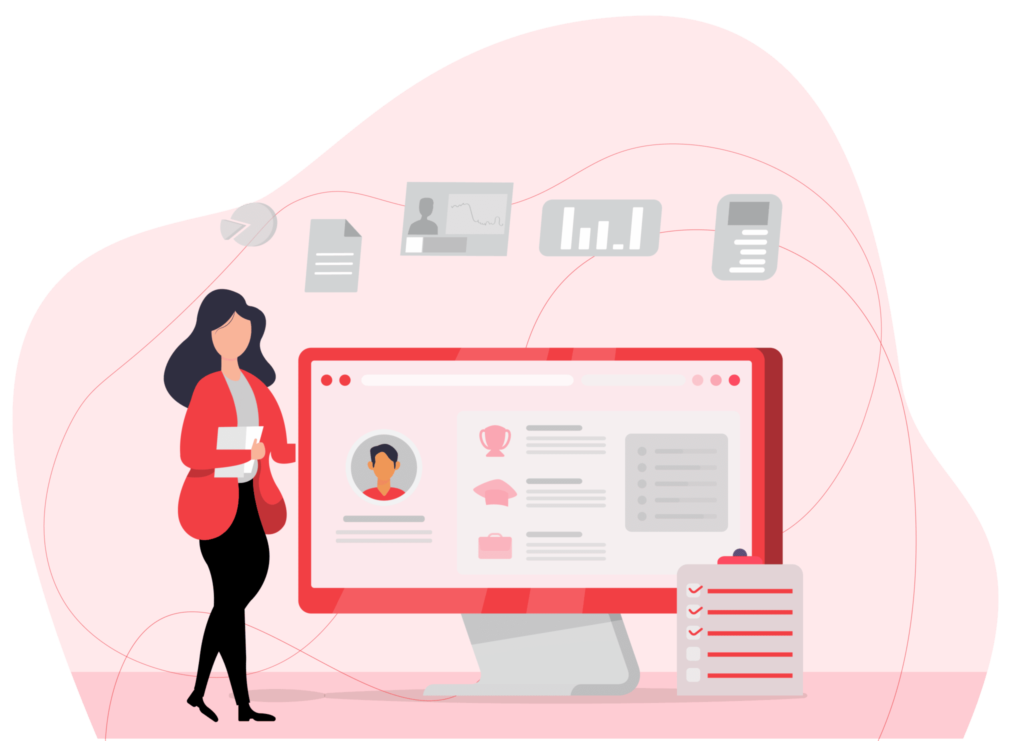1
Data Preprocessing and Cleaning
This skill involves preparing raw data for analysis, which includes handling missing values, removing duplicates, and standardizing formats. Its importance lies in ensuring the accuracy and quality of data before analysis. Clean and well-preprocessed data is crucial for deriving reliable insights and predictions, as even the most sophisticated analysis can yield misleading results if the input data is flawed. Mastery in data preprocessing using Python ensures a robust foundation for any data science project.
2
Statistical Analysis and Hypothesis Testing
This skill is about applying statistical methods to analyze data and draw conclusions. It includes techniques like regression analysis, t-tests, and ANOVA. This is important for understanding relationships within data, validating assumptions, and making data-driven decisions. Effective statistical analysis and hypothesis testing enable data scientists to infer trends, test theories, and provide evidence-based recommendations, playing a critical role in solving complex business problems.
3
Machine Learning Modeling
This skill entails creating predictive models using machine learning algorithms. In the context of Python, it involves using libraries like scikit-learn to implement models such as decision trees, random forests, and neural networks. The importance of machine learning modeling lies in its ability to automate decision-making processes and predict future outcomes based on historical data. It’s essential for tasks like customer segmentation, demand forecasting, and fraud detection, making it a highly valuable skill in various industries.
4
Data Mining and Data Visualization
Data Mining involves extracting useful patterns and insights from large datasets. This skill is crucial for a Data Scientist as it allows them to uncover hidden trends, correlations, and relationships within the data, which can then be used for making informed decisions and predictions. On the other hand, Data Visualization is the process of presenting data in a visual format such as charts, graphs, and maps. This skill is important as it helps in effectively communicating complex information and findings to stakeholders, making it easier for them to understand and interpret the data.
5
Python languages and their libraries like NumPy, Panda, sci-kit-learn, and Matplotlib.
Python is a versatile programming language widely used in data science due to its simplicity and readability. Libraries like NumPy provide support for large, multi-dimensional arrays and matrices, while pandas offers data manipulation tools for analyzing structured data. Sci-kit-learn is a powerful library for machine learning tasks, providing tools for classification, regression, clustering, and more. Matplotlib is a plotting library that allows for creating visualizations of data. These libraries are essential for a data scientist to effectively clean, analyze, and visualize data for making informed decisions.
6
Knowledge of SQLite concepts
The Knowledge of SQLite concepts skill covered in Data Scientist with Python includes understanding the basics of SQLite database management system, such as creating databases, tables, and executing queries using SQL commands. This skill is important for data scientists as SQLite is a lightweight, fast, and easy-to-use database that can be used for storing and analyzing data in various applications. Having a strong understanding of SQLite concepts allows data scientists to efficiently work with data, perform data manipulation tasks, and extract valuable insights from large datasets.
7
Regression algorithms and techniques
Regression algorithms and techniques are essential skills covered in the Data Scientist with Python course. Regression is a statistical method used to analyze the relationship between variables and make predictions. It is crucial in understanding and modeling complex data patterns, such as predicting stock prices, sales forecasts, and customer behavior. By mastering regression techniques like linear regression, logistic regression, and ridge regression, data scientists can uncover valuable insights and make informed decisions based on data-driven predictions. These skills are vital for solving real-world problems and optimizing business strategies.
8
Communication to Stakeholders
Communication to Stakeholders is a crucial skill covered in Data Scientist with Python, as it involves effectively conveying complex technical information to non-technical audiences. This skill is important because stakeholders play a key role in decision-making processes and understanding the insights derived from data analysis. By being able to communicate findings, recommendations, and insights in a clear and concise manner, data scientists can ensure that stakeholders have a solid understanding of the implications of the data and make informed decisions based on the analysis. This skill helps bridge the gap between technical expertise and business objectives, ultimately driving successful outcomes.



